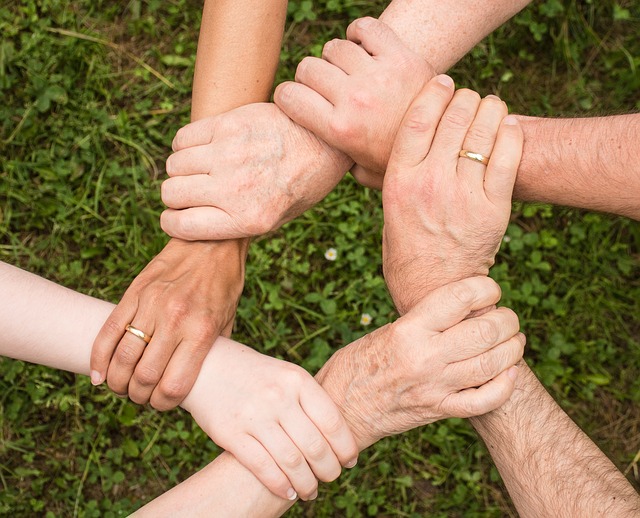In several earlier posts I shared Johann Hari’s research about the social factors contributing to the rise of depression and anxiety in the Western world. Of particular significance was his finding that the loss of connection to meaningful values – evidenced by the rise of materialistic values – was a major social factor leading to depression. Inherent in this increase in materialism is concern for what other people think about us and the need to attract attention to ourselves – hence, the rise of the “selfie” and “dronie”. Johann explained why the obsessive concern for what others think about us leads to depression – its negative impact on our relationships, reduction in our capacity to enjoy the present moment, our over-dependence on the opinions of others and the resultant frustration of our innate human needs.
How does this craving for attention arise?
Sarah Valencia Botto, a researcher in early childhood development, explored the question, “When do kids start to care about the opinions of others? In her TED Talk presentation, she provided video evidence that our concern for what others think begins as early as when we are toddlers. Sarah suggests that as parents we unconsciously cultivate this concern through our words, actions and the choices we make about what we spend out time on. She suggests that we are continuously informing our children (whether we are conscious of this or not) about what is “likeable, valuable and praise-worthy, and what is not”.
The problem then arises that social media reinforces our craving for attention. Joseph Gordon-Levitt explains that our craving for attention through obsession with the number of “followers” and “likes” leads to a loss of creativity, a sense of being inadequate and inevitable disappointment. He suggests that the “attention-driven model” of social media means that the technology giants are relentlessly making profits from our attention-seeking behaviour. He argues that creativity develops when we “pay attention”, not when we “seek attention”. Tristram Harris goes even further suggesting that tech companies control the thoughts of billions of people by tricks that use our own psychology, e.g. craving for attention, to gain our attention and direct our thoughts. They pander to our need for attention and over-concern with the opinions of others.
Creative collaboration instead of competitive attention-seeking
Joseph explained that creativity is developed through collaboration (not competition for attention) and, in line with this belief, he has established an online platform to promote and cultivate collaboration in the arts. He has also started a series of podcasts involving interviews with key people that focus on Creative Processing – how creative people do what they do and how creative collaboration actually works.
As we grow in mindfulness, we can build our capacity to pay attention, to collaborate with others and to open ourselves to our creative capacities. Craving attention, on the other hand, undermines our creativity and our innate human needs and leads to disappointment and depression. Collaboration develops our creativity; competition for attention destroys it.
____________________________________________
Image by Anemone123 from Pixabay
By Ron Passfield – Copyright (Creative Commons license, Attribution–Non Commercial–No Derivatives)
Disclosure: If you purchase a product through this site, I may earn a commission which will help to pay for the site, the associated Meetup group and the resources to support the blog.
